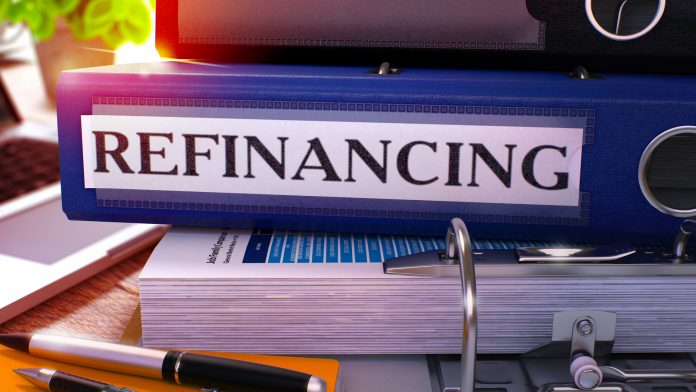Key Highlights
- Record low interest rates will result in nearly $1.8T in refinance mortgages this year
- Housing economists now expecting mortgage rates to edge up gradually to 3.5% by end of 2021
Say what you will about the COVID pandemic and its resulting economy, consequential record-low interest rates have been a bonanza for both home purchase mortgages and refinance mortgages. Refinance mortgages alone are on course for a record high of nearly $1.8T this year.
How long can these historically low interest rates last that are so tempting to homeowners and potential homebuyers? Many housing economists including Mike Fratantoni, chief economist with the Mortgage Bankers Association (MBA), are expecting average rates on a 30-year mortgage to rise to 3.5% by the end of 2021. If Fratantoni’s and other economists’ predictions play out as they expect them to, the MBA anticipates refinance volume to drop to $946B in 2021 and $573B in 2022.
Such predictions assume that the US economy will continue to recover if the unemployment rate continues to fall from the choking rate of 14.7% posted in April at the onset of the pandemic to 7.9% posted in September. Fratantoni expects unemployment to decrease to 7.5% by the end of this year and to 6% in 2021, again assuming that the current spike in COVID cases does not cause new lockdowns. Of course, if the current COVID spike continues unabated and in fact results in new lockdowns, job growth would stall and mortgage rates would not even gradually increase.
Fratantoni factors in several elements that could pressure mortgage rates higher. Among those factors are…
- The worldwide wave of stimulus packages
- US government has spent trillions on stimulus initiatives in attempts to bolster the economy
- US Treasury has auctioned $4.5T of debt this year alone
- Since 30-year mortgage rates are closely tied to the rate on 10-year Treasury debt, currently 0.813%, those rates have ticked up as the economic has improved
- The expected arrival and distribution implementation of a COVID vaccine would cause rates to move higher
- Mounting deficits often spur inflation
- Mortgage rates are closely correlated with inflation
- Rising prices could trigger higher mortgage rates
According to Bankrate, real estate agents might help their clients with the following suggestions concerning refinancing their mortgages:
- Rather than waiting to refinance to take advantage of ever falling rates as before, now is the time to lock in a refi loan IF interest rates begin to rise
- There are wide differences in rates and closing costs from lender to lender so definitely shop around.
- Make sure to calculate your specific breakeven point. Closing costs can be anywhere from 2% to 5% of the total refinance loan so make sure your monthly savings from a refinance justifies the steep upfront costs inherent to a refi loan.
- Expect to wait. Lenders are overwhelmingly busy and they give priority to purchase mortgages. Anticipate a wait of some 60 days for a refi application to be processed and then closed.
Thanks to Bankrate.

























